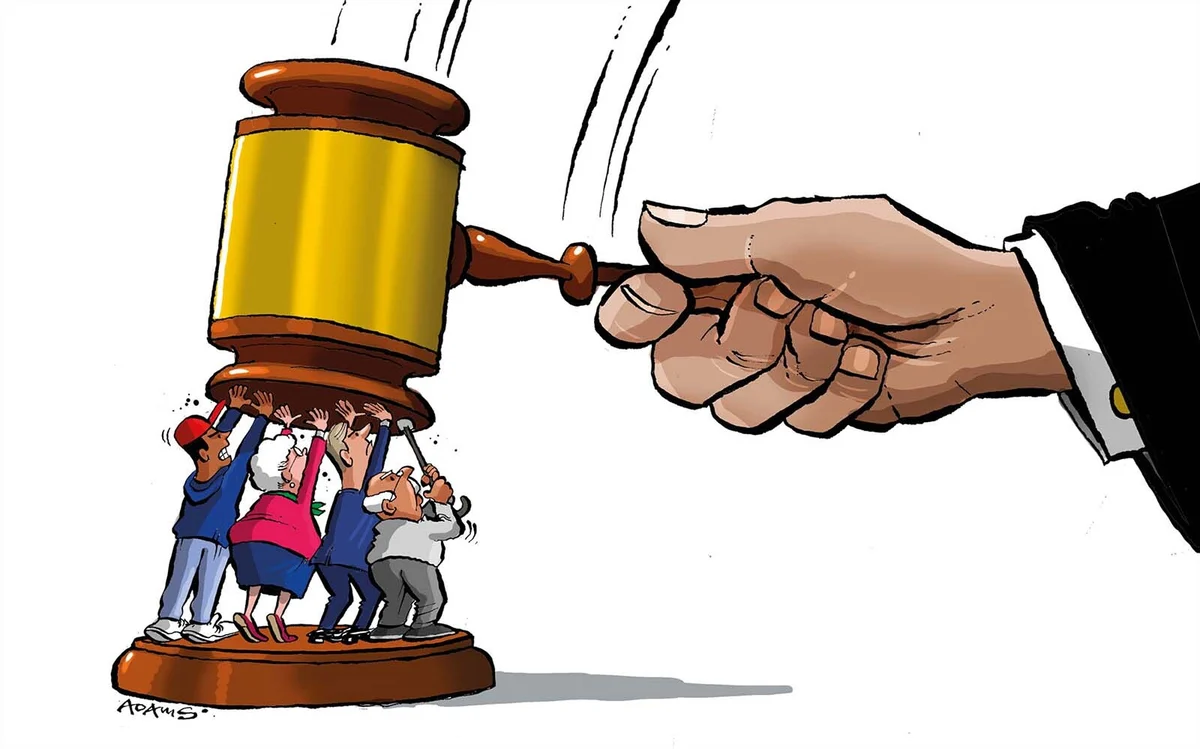Copyright standard

An 87-year-old pensioner with dementia and living in a care home has been handed a criminal conviction over £43 of unpaid car tax, in the latest shocking case to emerge from the controversial Single Justice Procedure. The woman, from Basildon in Essex, was taken to court by the DVLA over £43.34 which had not been paid when the licence on her Ford Fiesta expired in February this year. The pensioner’s son wrote to the court to explain that his elderly father, who previously handled household bills, is now in a care home with dementia and his mother struggled to cope. She then also started showing signs of dementia, and moved this summer to live in the same care home. Despite the sad circumstances and the son’s insistence that his mother is “very confused” and completely unable to deal with legal matters, the criminal case against her was not stopped. She was prosecuted in the Single Justice Procedure, a fast-track court process which deals with low-level criminal offences in hearings conducted behind-closed-doors. The Standard has spent more than two years highlighting the fact that frail and unwell pensioners – including those with dementia – are routinely convicted of not paying household bills, thanks to the way the fast-track courts are designed. Prosecutions are not halted even when it becomes clear defendants are extremely vulnerable, and in some cases when they are mentally incapacitated or recovering from physical health conditions in hospital. The Labour government is well aware of the problems with the courts system and consulted between March and May on possible changes. But it has taken no action to try to address the issue in the last five months. Court papers in the pensioner’s case show she was accused of not taxing the car between the expiry date of the previous licence, February 28, and the date it was spotted by a DVLA official on April 9. Her son entered a guilty plea to the charge online, and explained that his mother relied on her husband to deal with domestic matters such as bills until he was admitted to a care home in December last year with advanced dementia. “She did not cope well with dealing with day to day tasks, despite the attempts at help from me and other family members”, he said. “Many important letters were tucked away by her and did not receive a response. “Prior to the date of the incident, she had stopped driving but retained the car. She evidently did not respond to the notice to renew the vehicle licence nor show it to a family member. “On the day in question, she lent the car to her granddaughter, who is insured to drive it. The driver was unaware that the vehicle was unlicensed at the time.” He said when the family realised the bill had gone unpaid, they settled it “at the first opportunity”, and they have not been able to find a letter the DVLA says was sent out on April 25 which offered an out-of-court settlement. The son said his mother “began showing signs of onset dementia herself, deteriorating quite rapidly, and this led to her also being admitted into the same care home as her husband, on July 24, 2025, where she has remained ever since. “Her dementia is such that she is now very confused and would be totally unable to respond to this charge by herself, either in writing or in person in court.” He also sent to the court financial details of his parents’ pensions and care home costs. The DVLA, as prosecutor, submitted the case to the courts to be dealt with, but due to the fast-track design of the Single Justice Procedure it did not see the son’s letter and explanation. Magistrate Kiran Dhillon, sitting in Northampton, decided to accept the guilty plea and impose a conviction on the 87-year-old pensioner, albeit with an absolute discharge rather than a financial penalty. The magistrate opted not to send the case back to the prosecutor to check if it remained in the public interest to proceed, and also imposed an order that the pensioner now has to settle the £43.34 tax bill. After the case was highlighted by The Standard, the DVLA said the pensioner should not have been prosecuted and signalled that it intends to apply to the court for the conviction to be overturned. As part of the government’s consultation on SJP system changes, the DVLA backed the idea that all prosecutors who use the fast-track system should view mitigation letters before cases go before a magistrate, in order to check that the prosecutions remain in the public interest. More than 800,000 cases a year are dealt with in the Single Justice Procedure, a system invented by the Conservatives in 2015 as a way of cutting costs. Magistrates said as long ago as March 2024 that the system is broken and in need of substantial reform. They recommended better training for magistrates, new public interest checks on prosecutions, and greater transparency in the system. Rishi Sunak’s government did nothing to fix the problems, while Keir Starmer’s administration has signalled its intention to make changes but has so far failed to act.



